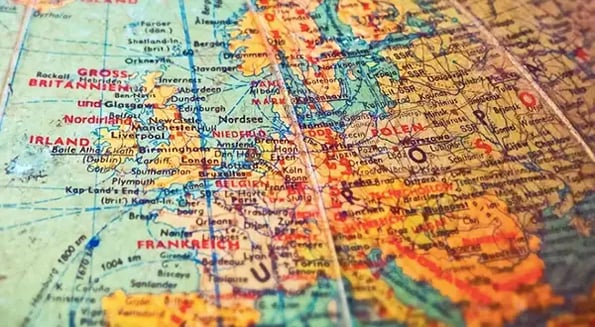Across the world, governments are closing borders to contain the coronavirus.

Border closures affect many businesses with international supply chains: According to a recent report, 75% of US businesses have experienced supply chain disruptions due to coronavirus.
But while borders are a big part of many industries, they are the backbone of others…
And now, border-conomies are starting to go bust
Take a look at how the closure of the border between Poland and Ukraine is killing Poland’s construction industry, for instance.
In normal times, around 2m Ukrainians work in Poland every day and power the country’s booming, $47B construction industry (which accounts for 8% of the country’s GDP).
But now that the border’s closed, the entire industry is at risk of grinding to a halt — even though the virus outbreak in Poland is not as advanced as it is in many other parts of Europe.
So border management just became a very big deal
By yesterday afternoon, 47 countries had entirely closed their borders and another 48 countries had partially closed theirs.
But enforcement policies varied widely. In many cases, governments tried to enact policies that would close borders to the coronavirus… but keep them open for business.
- The border between the US and Mexico, which handles $1.4B in freight daily, is closed to casual pedestrian travelers — but open to workers and commercial shipments.
- And at the border between Poland and Germany, which is supposedly closed to people but open to commerce, 37-mile-long traffic jams formed as trucks tried to get their cargo over the line.
